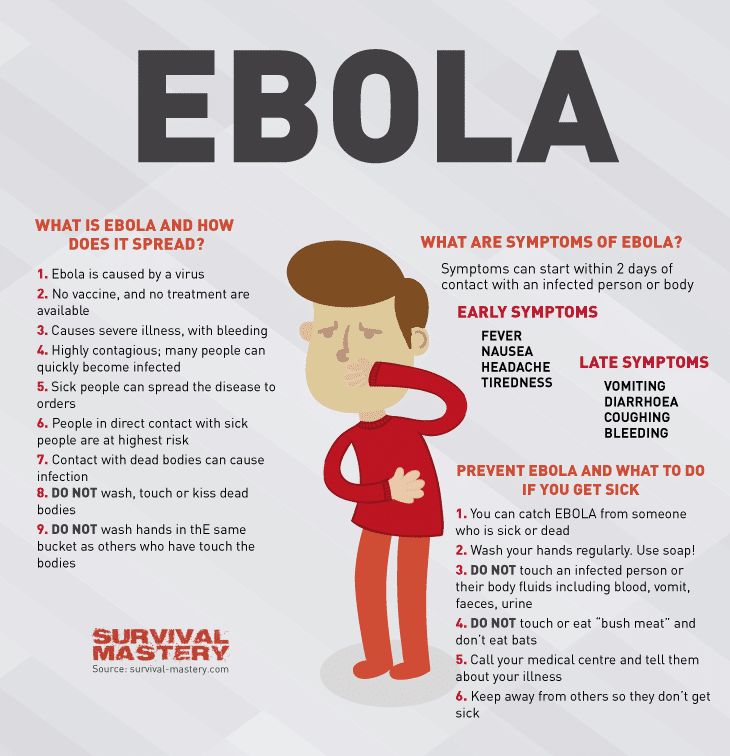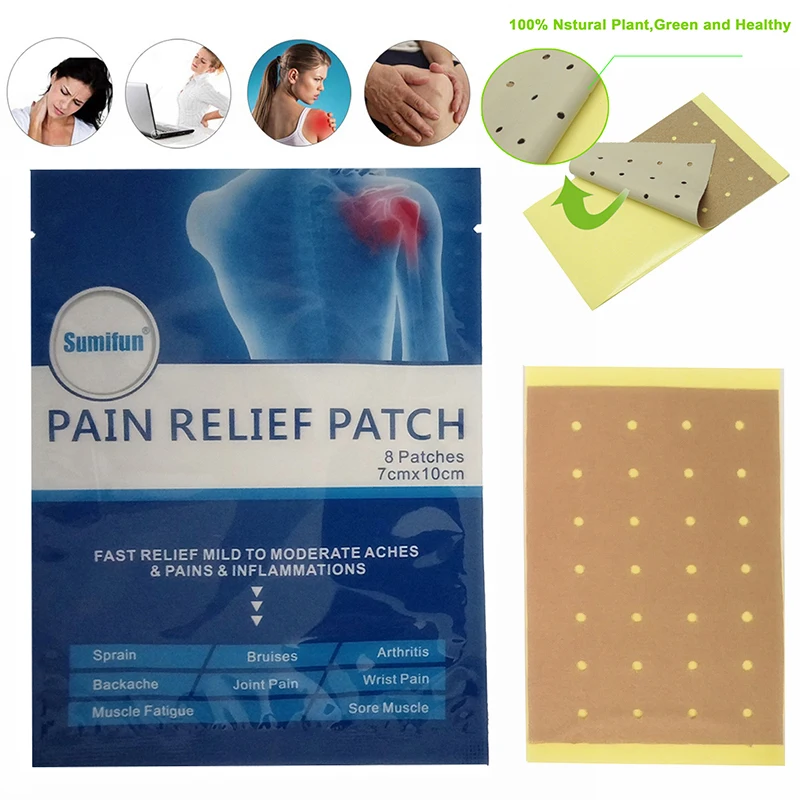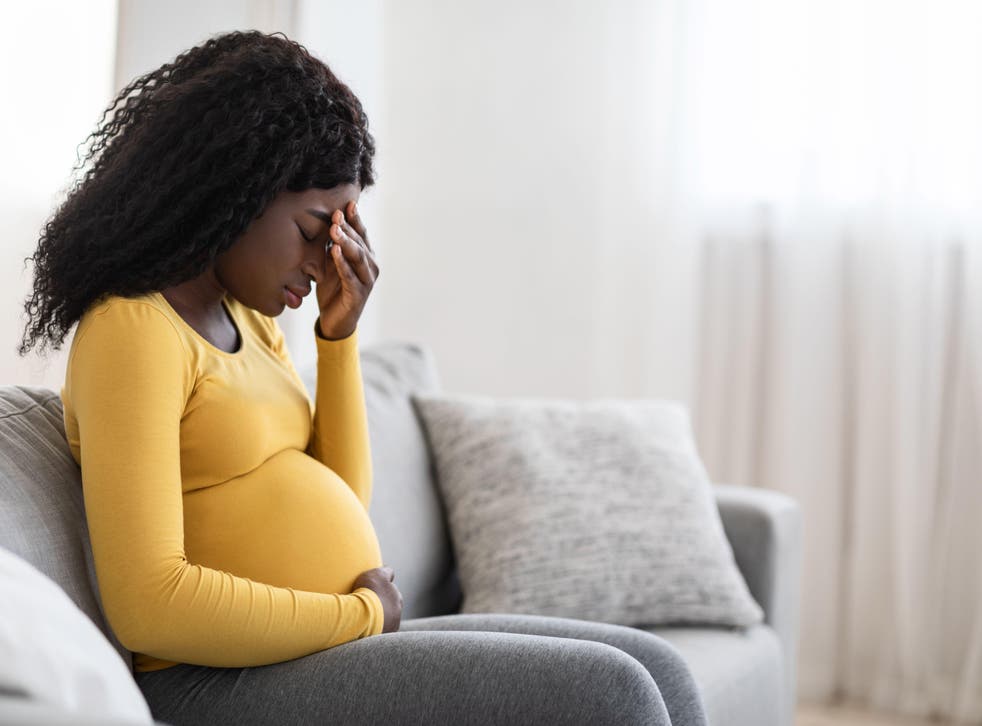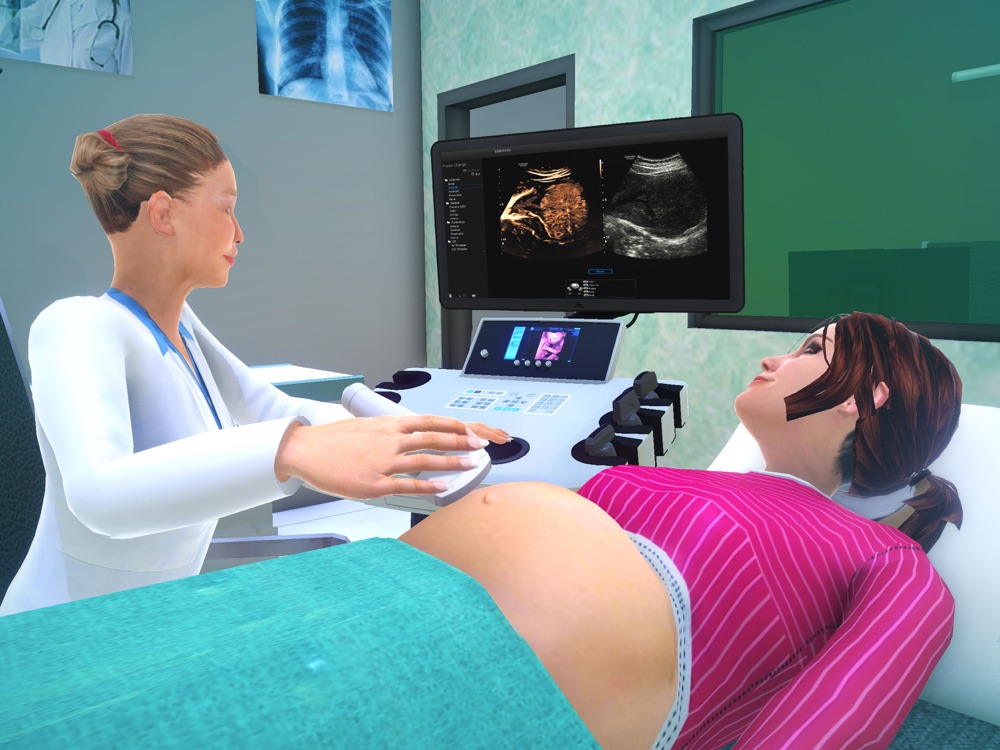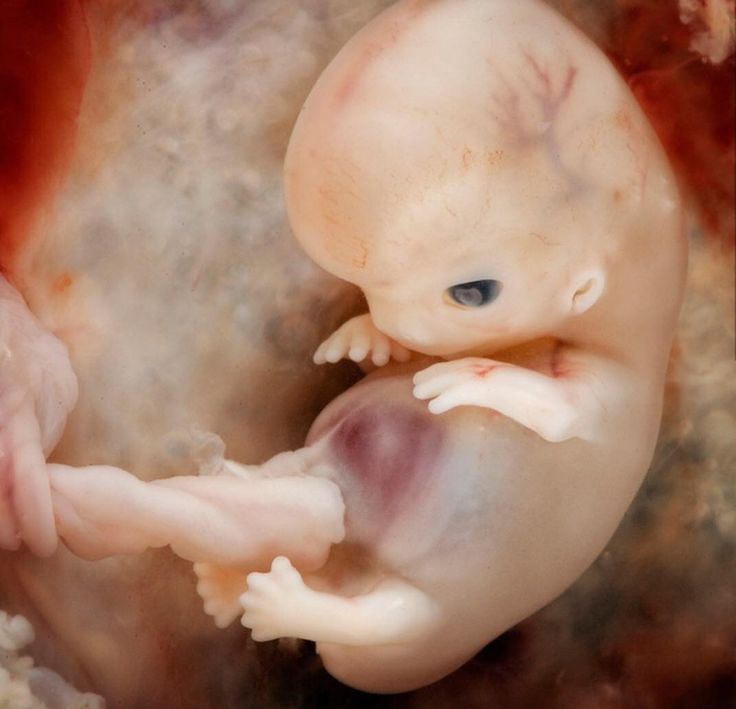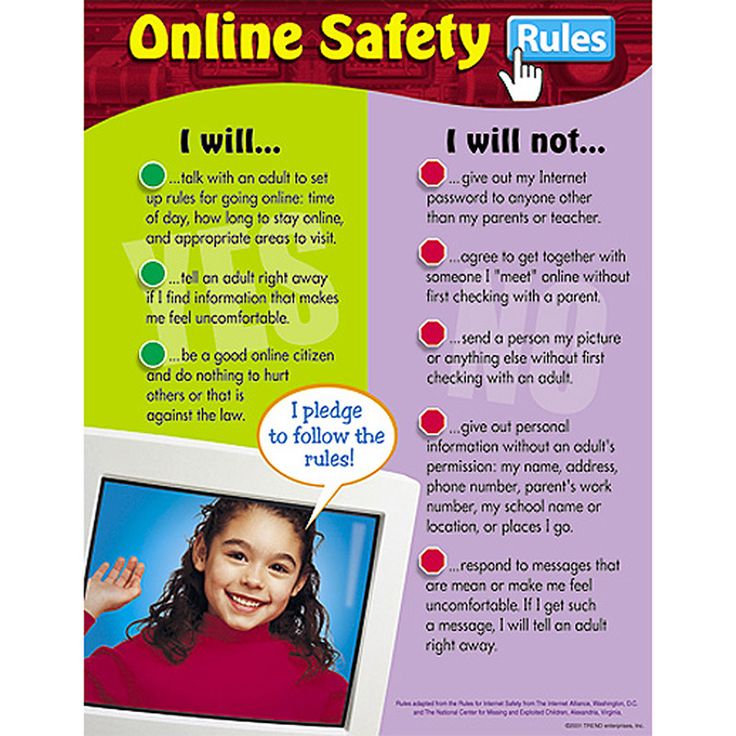1 year old with fever and vomiting
Vomiting in children and babies
It's normal for babies and children to vomit occasionally. In most cases, it will last no longer than one to two days and isn't a sign of anything serious.
The most common cause of vomiting in children and babies is gastroenteritis. This is an infection of the gut usually caused by a virus or bacteria, which also causes diarrhoea. The symptoms can be unpleasant but your child will usually start to feel better after a few days.
However, persistent vomiting can sometimes cause your child to become severely dehydrated and occasionally it can be a sign of something more serious, such as meningitis.
This page outlines what to do if your child keeps vomiting and describes some of the common causes of vomiting in children and babies.
If your child has a high temperature, you can also read a separate page about fever in children.
What to do
If your child vomits, you should keep a close eye on them. Trust your instincts and contact your GP immediately if you're worried.
If the cause is just a tummy bug, your child should still be feeling well enough to eat, play and be their usual self. In this case, keep feeding them as normal and offer them regular drinks (see below).
But if they don't seem themself – for example, if they're floppy, irritable or less responsive – they may be seriously ill, so you should get medical help immediately.
When to get medical advice
You should contact your GP if:
- your child is repeatedly vomiting and is unable to hold down fluids
- you think they're dehydrated – symptoms of dehydration can include a dry mouth, crying without producing tears, urinating less or not wetting many nappies, and drowsiness
- their vomit is green or contains blood
- they have been vomiting for more than a day or two
Go to your nearest accident and emergency (A&E) department if your child is vomiting and develops sudden and severe tummy pain, or they're floppy, irritable or less responsive
Call 999 for an ambulance or go to your nearest A&E department immediately if they're vomiting and have a headache, stiff neck and a rash.
Looking after your child at home
In most cases, you can treat your child safely at home. The most important thing you can do is make sure they keep drinking fluids to prevent dehydration.
If your baby is vomiting, carry on breastfeeding or giving them milk feeds. If they seem dehydrated, they will need extra fluids. Ask your GP or pharmacist whether you should give your baby oral rehydration solution.
Oral rehydration solution is a special powder that you make into a drink. It contains sugar and salts to help replace the water and salts lost through vomiting and diarrhoea.
Children who are vomiting should keep taking small sips of clear fluid, such as water or clear broth. Fruit juice and fizzy drinks should be avoided until they're feeling better. If they're not dehydrated and haven't lost their appetite, it's fine for your child to eat solid foods as normal.
Again, speak to your GP or pharmacist if you're concerned about dehydration. They may recommend an oral rehydration solution for your child.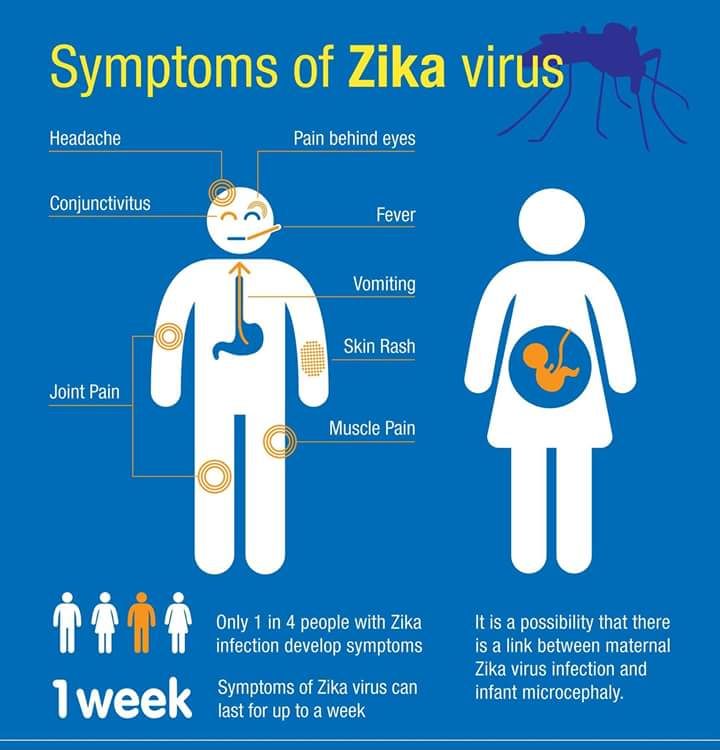 Contact your GP or practice nurse if your child is unable to hold down oral rehydration solution.
Contact your GP or practice nurse if your child is unable to hold down oral rehydration solution.
If your child has diarrhoea and is vomiting, they shouldn't go to school or any other childcare facility until 48 hours after the last episode of diarrhoea or vomiting.
Read more about treating gastroenteritis in children.
Causes of vomiting in children
There are a number of possible causes of vomiting in children, which are described below.
Gastroenteritis
Gastroenteritis is an infection of the gut. It's a common cause of vomiting in children and usually lasts a few days.
Food allergy
Food allergies can cause vomiting in children, as well as other symptoms, such as a raised, red, itchy skin rash (urticaria) and swelling of the face, around the eyes, lips, tongue or the roof of the mouth.
Watch out for foods that may bring on vomiting and see your GP for a diagnosis if you think your child may have a food allergy.
Other infections
Vomiting can sometimes be a sign of an infection other than gastroenteritis, such as urinary tract infections (UTIs), middle ear infections, pneumonia or meningitis.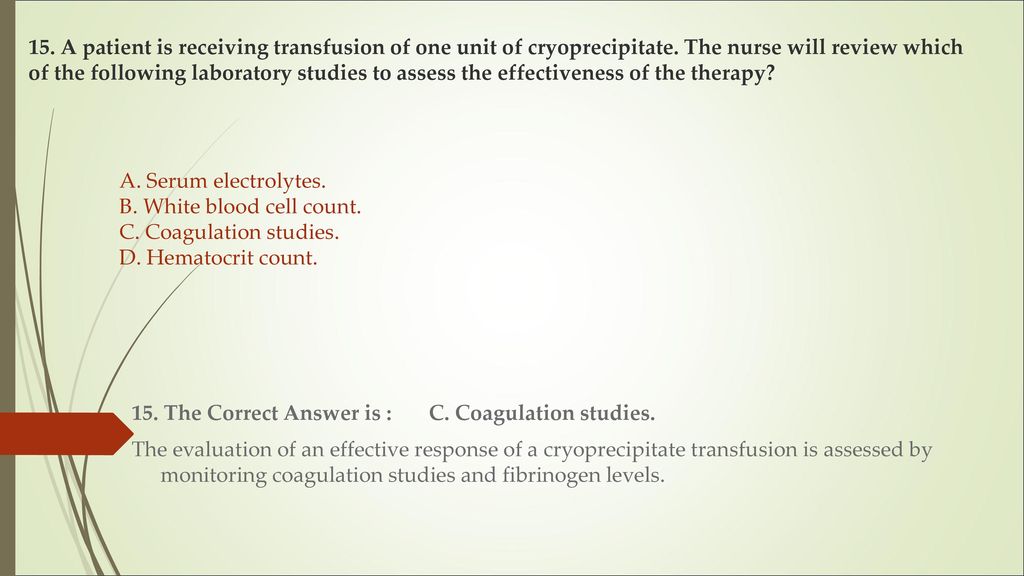
Contact your child's GP if they're vomiting and experiencing additional symptoms of an infection, such as a high temperature (fever) and irritability.
Appendicitis
Appendicitis is a painful swelling of the appendix, a finger-like pouch connected to the large intestine. It causes severe tummy pain that gets worse over time.
If your child has tummy pain that's gradually getting worse, contact your GP, or if they aren't open call NHS 24's 111 service immediately. You should call 999 for an ambulance if they have pain that gets worse quickly and spreads across their tummy.
In most cases of appendicitis, the appendix will need to be surgically removed as soon as possible.
Poison
Accidentally swallowing something poisonous can cause your child to vomit. If you think this is the case, contact your GP immediately or take your child to your nearest accident and emergency (A&E) department.
Causes of vomiting in babies
These include:
- gastroenteritis
- a food allergy or milk intolerance
- gastro-oesophageal reflux – where stomach contents escape back up the gullet
- too big a hole in the bottle teat, which causes your baby to swallow too much milk
- accidentally swallowing something poisonous
- congenital pyloric stenosis – a condition present at birth where the passage from the stomach to the bowel has narrowed, so food is unable to pass through easily; this causes projectile vomiting
- a strangulated hernia – your baby will vomit frequently and cry as if they are in a lot of pain; this should be treated as a medical emergency
- intussusception (where the bowel telescopes in on itself) – as well as vomiting, your baby may look pale, floppy and have symptoms of dehydration
Rotavirus (for Parents) - Nemours KidsHealth
What Is Rotavirus?
Rotavirus is a common cause of gastroenteritis, often called stomach flu.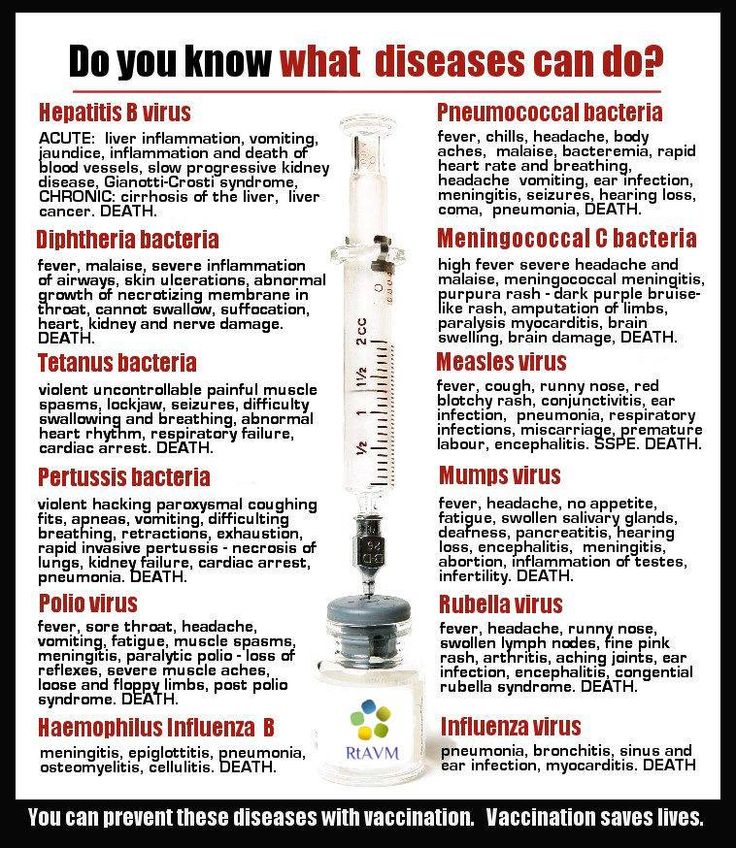 The virus infects the stomach and intestines. It causes vomiting and diarrhea, especially in babies and young children. Infections are common during the winter and spring months, especially in childcare centers.
The virus infects the stomach and intestines. It causes vomiting and diarrhea, especially in babies and young children. Infections are common during the winter and spring months, especially in childcare centers.
The rotavirus immunization is recommended for most infants. It can help prevent rotavirus infections.
What Are the Signs & Symptoms of Rotavirus?
Kids with a rotavirus (ROE-tuh-vy-rus) infection have:
- fever
- nausea and vomiting
- belly cramps
- frequent, watery diarrhea
They also might have a cough and runny nose. As with all viruses, though, some rotavirus infections cause few or no symptoms, especially in adults.
Sometimes the diarrhea is so bad that it can quickly lead to dehydration (not enough water in the body). A child who's dehydrated might:
- be thirsty
- be cranky
- be very tired or less alert
- feel dizzy or lightheaded
- have sunken eyes
- have a dry mouth and tongue
- have a sunken soft spot (fontanelle) in a baby
- pee less often or have fewer diapers than usual
Is Rotavirus Contagious?
The virus is in the stool (poop) of infected people and spreads easily.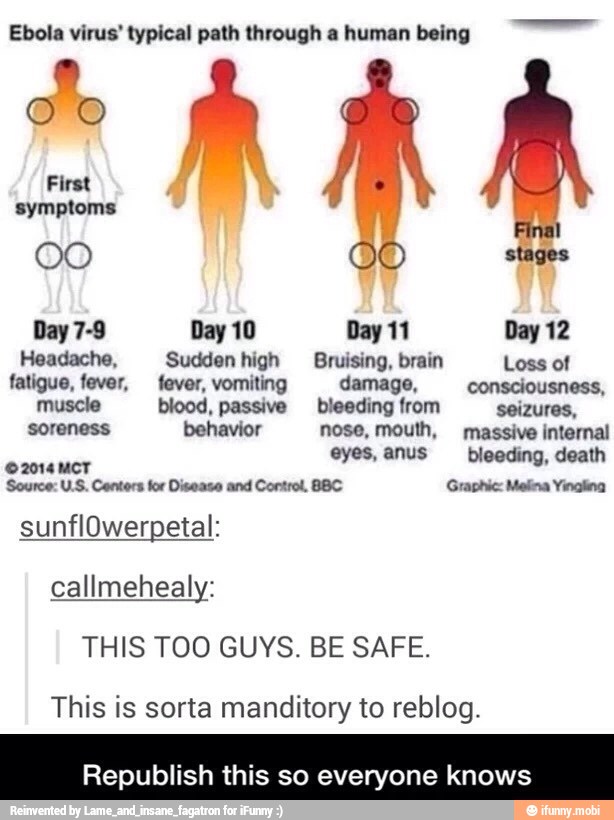 Kids can get infected when they put their fingers in their mouths after touching a contaminated surface, like a toy. Usually this happens when kids don't wash their hands, especially before eating and after using the toilet.
Kids can get infected when they put their fingers in their mouths after touching a contaminated surface, like a toy. Usually this happens when kids don't wash their hands, especially before eating and after using the toilet.
People who care for kids, including health care and childcare workers, can spread the virus, especially if they don't wash their hands after changing diapers. Kids can also get sick if they eat food or drink water with the virus in it. This happens when a person with rotavirus does not wash their hands before preparing food.
How Is Rotavirus Diagnosed?
Doctors usually can tell if someone has stomach flu by hearing about the symptoms. Usually, no tests are needed. If a child is very sick or has blood or mucus in their poop, doctors might order a stool (poop) test to check for rotavirus and other germs that cause diarrhea. The doctor may also order a urine (pee) test or blood test to check for dehydration.
How Is Rotavirus Treated?
Babies and toddlers who are dehydrated may need treatment in a hospital. They'll get intravenous (IV) fluids to bring the body's fluid and salt levels back to normal. Most older kids can be treated at home.
They'll get intravenous (IV) fluids to bring the body's fluid and salt levels back to normal. Most older kids can be treated at home.
Home Treatment
Kids with diarrhea who aren’t vomiting can continue eating and drinking as usual, if they are feeling up to it. They should drink plenty of fluids to prevent dehydration. Those with mild dehydration should:
- Drink small amounts of an oral rehydration solution (such are Pedialyte, Enfalyte, or a store brand) often. It has the right amount of water, sugar, and salt to help with dehydration. You can buy it without a prescription at drugstores or supermarkets.
- Avoid full-strength (undiluted) fruit juices, soda, and sports drinks, which can make diarrhea worse.
- Continue to breastfeed or take formula, as long as they are not vomiting a lot.
As your child starts to feel better, you can give less oral rehydration solution and more of their usual food and drink.
Don't give your child over-the-counter medicines for vomiting or diarrhea unless your doctor recommends them.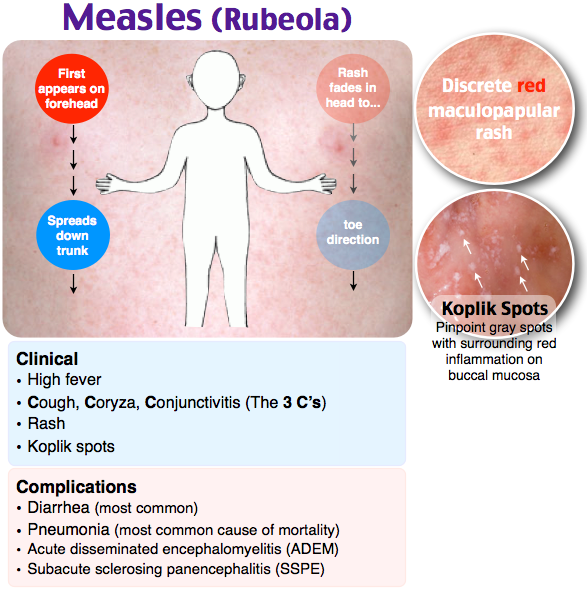
Can Rotavirus Be Prevented?
The rotavirus vaccine can help prevent rotavirus. It’s a liquid given by mouth to babies at ages 2 and 4 months, and again at 6 months, depending on the vaccine brand.
Washing hands well and often, especially after using the bathroom and before preparing or eating food, is the best way to prevent rotavirus infection. Kids with rotavirus should stay home from childcare until the diarrhea is gone.
When Should I Call the Doctor?
Call the doctor if you think child may have of a rotavirus infection. Call right away if your child:
- can’t drink for several hours
- is peeing less often than usual
- has signs of dehydration, such as crying with few or no tears, having a dry mouth or cracked lips, feeling dizzy or lightheaded, acting very sleepy or less alert
- has a high fever
- has blood in their poop or vomit
- is vomiting for more than 24 hours or diarrhea is not getting better after several days
Child has diarrhea and vomiting: how to recognize an infection
Almost 800,000 cases of intestinal infections are registered in Russia every year, up to 80% of them in children: only influenza and SARS are more common.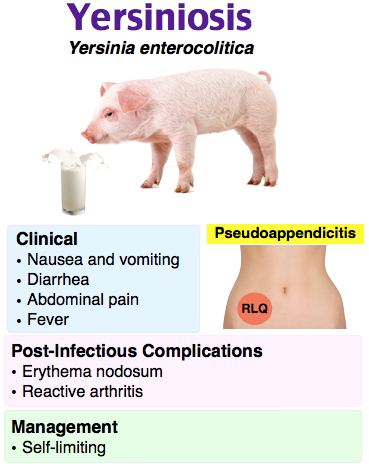 Vomiting, diarrhea, weakness and fever are the main signs. Often the symptoms are similar to food poisoning - we tell you how to understand that the child did not just "ate something wrong."
Vomiting, diarrhea, weakness and fever are the main signs. Often the symptoms are similar to food poisoning - we tell you how to understand that the child did not just "ate something wrong."
What is it and how often does it happen
An intestinal infection is a disease that develops when viruses or bacteria enter the body and is manifested by diarrhea, vomiting, fever, weakness, and dehydration. nine0003
According to WHO data for 2018, rotavirus infection accounted for 60% of cases of severe diarrhea in children under 5 years of age, and most of them were under one year old. When the first symptoms appear in young children, it is necessary to seek medical help - so far in the world, especially in developing countries, up to 200 thousand children die from rotavirus infection every year.
How and when you can get infected
Sources of rotavirus infection can be a sick child or an asymptomatic carrier. The virus is excreted from the body with a stool and with dirty hands gets on household items, clothes and food.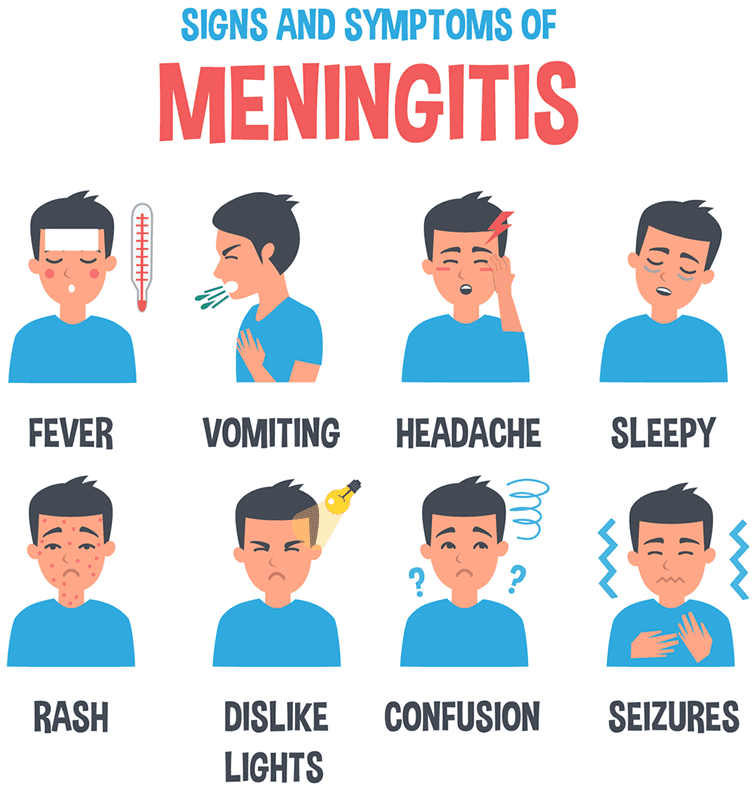 nine0003
nine0003
Doctors often refer to rotavirus as the “dirty hand” disease.
A healthy child can introduce the virus into the body by first touching things, and then to the face, as well as by eating unwashed vegetables and fruits.
Outbreaks of rotavirus usually occur in winter, early spring or late autumn, because at low temperatures the viruses survive longer in the external environment. In summer, food poisoning occurs more often - the reason for them, as a rule, is bacterial contamination of food, and bacteria multiply better in the hot season. nine0003
What happens when a virus enters the body
With food or saliva - if a child licks dirty hands - rotavirus gets into the mouth, then into the stomach and intestines. There it penetrates into the cells of the surface layer lining the intestines from the inside and damages them. Unlike bacteria, viruses do not lead to pronounced cell inflammation; they disrupt the functioning of the body's enzyme systems to a greater extent.
Carbohydrates cease to be broken down and accumulate in the intestines - the balance of fluid, potassium and sodium in the body is disturbed. A lot of water, electrolytes, organic acids and carbon dioxide accumulate in the intestine, which should not be there normally. Because of them, vomiting and diarrhea begin and gas formation increases. At the age of up to 5 years, intestinal cells are not yet mature enough - rotavirus infects up to 2/3 of them, so children get sick more often and more severely than adults. nine0003
Most often, the first symptom is vomiting. It occurs simultaneously with diarrhea or precedes it and usually lasts 1-2 days. The stool is usually watery, frothy, yellow in color with a small amount of mucus. In infants, it can be up to 20 times a day. The duration of diarrhea is on average 3-7 days, but there are cases up to two weeks - usually in children under one year old. Sometimes the infection begins with a fever up to 38-39 ° C, symptoms of SARS - cough, runny nose, sore throat.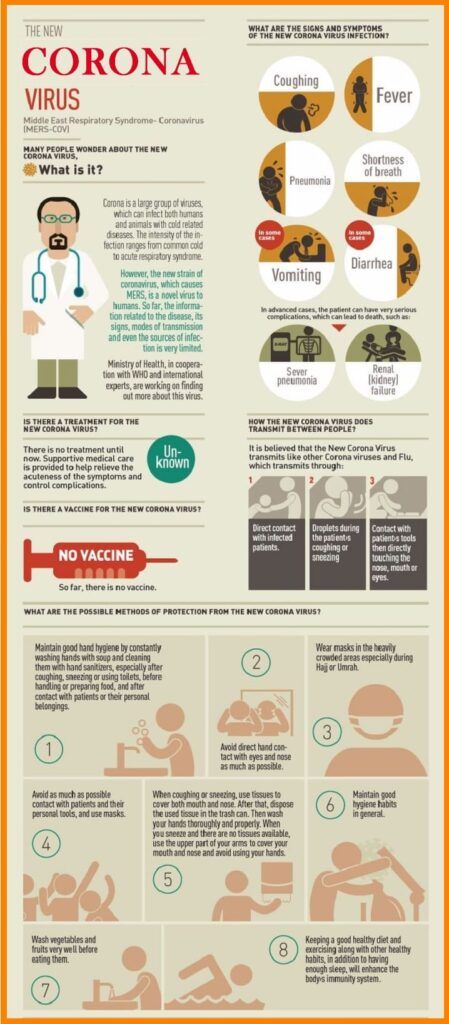 Also, children can refuse food and literally fall off their feet. nine0003
Also, children can refuse food and literally fall off their feet. nine0003
What to do in order not to get sick
Frequent and thorough hand washing with soap is the prevention of any viral and bacterial infections.
- It is necessary to accustom the child to this from an early age: after the street and going to the toilet, before meals and just a few times a day.
- Parents should wash their own hands before touching or feeding a baby.
- It is important to wash vegetables and fruits before eating, observe the temperature regime when cooking, drink boiled or bottled water. nine0034
The greatest amount of the virus is excreted in the stool in the first 5 days of illness, so during this period you need to wash your hands more often and do wet cleaning at home.
Rotavirus vaccination
There are two vaccines - the Belgian "Rotarix" and the Russian "RotaTek". Only RotaTech is registered in the Russian Federation.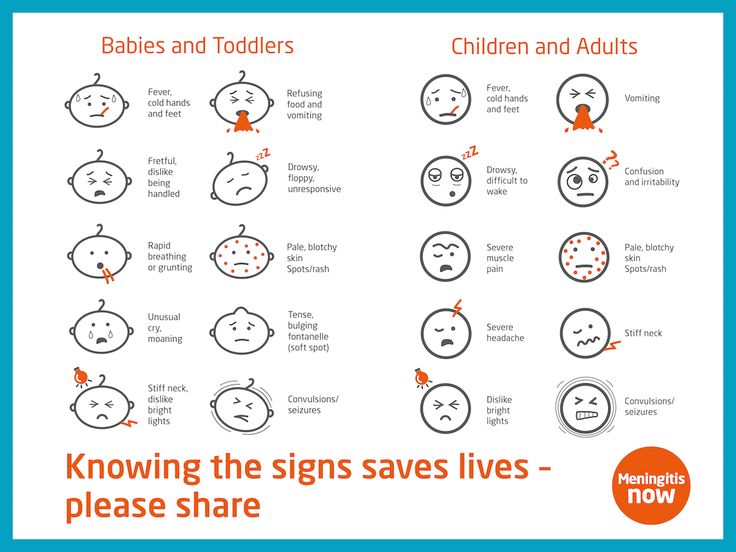 It contains the 5 most common strains. Vaccination against rotavirus infection is not included in the national vaccination calendar, but it can be done at the request of the parents. RotaTeq has strict age restrictions and intervals between revaccinations - be sure to consult your pediatrician. nine0003
It contains the 5 most common strains. Vaccination against rotavirus infection is not included in the national vaccination calendar, but it can be done at the request of the parents. RotaTeq has strict age restrictions and intervals between revaccinations - be sure to consult your pediatrician. nine0003
“The effectiveness and safety of vaccines against rotavirus infection, while respecting the age limits, has been confirmed in many studies,” says Elena Kolganova, pediatrician at the Fantasy Children's Clinic. - After receiving the third dose of the vaccine, the number of hospitalizations decreased by 100%, and visits to the clinic - by 96%. Rotavirus, unlike influenza, rarely mutates, and therefore vaccination does not need to be done every year - immunity lasts up to three years. nine0003
How to help a child
Pediatrician and infectious disease specialist at the GMS clinic Daria Zakharova recalls that the infection in different children can proceed in different ways: for some it can be a slight malaise, loss of appetite with slight discomfort in the abdomen and a single loose stool, for another it can be a fever, repeated vomiting and severe diarrhea.
“The actions of parents largely depend on the severity and age: where to turn for help. If the child is sick every hour, and he complains of severe pain in the abdomen, then you need to call an ambulance to take him to the hospital, where they will determine the cause of the pain. In all other cases, you need to call a doctor,” emphasizes Daria Zakharova. nine0003
In children older than five years, the infection is usually milder, so you can help them on your own.
“You need to start with drinking plenty of fluids to make up for the lack of fluid - what the child loses with vomiting and diarrhea,” says Elena Kolganova. There are special formulas for calculating, but usually 50-100 ml of water per kg of body weight per day is required, i.e. if a child weighs 30 kg, then with a rotavirus infection, he will need from 1.5 to 3 liters of fluid per day. It is better to use a special pharmacy solution: for children, it should contain a minimum of salt and sugar.
It is necessary to water the child often and a little bit - 10-15 times an hour for 2-3 sips. nine0003
What threatens rotavirus without treatment
From diarrhea and vomiting, the body loses a lot of water along with sodium, potassium, magnesium and other electrolytes. This leads to disruption of the lungs - the child begins to breathe often and shallowly, the heart and blood vessels - the heartbeat quickens, blood pressure decreases, and the brain - dizziness and headache, weakness appear.
In infants, rotavirus infection is most dangerous because large amounts of fluid and electrolyte loss can result in convulsions or loss of consciousness. It is very important to immediately call an ambulance at the first signs of an intestinal infection in infants. nine0003
How to help the body recover
“There used to be an opinion that dairy products should not be consumed with rotavirus infection,” says Elena Kolganova.
- Now scientists have revised their opinion on this matter: if a child is breast-fed or formula-fed, then nothing needs to be changed. For adult children, it is advisable to remove fresh fruits and vegetables, as they increase peristalsis and fermentation processes in the intestines.
If the child has a temperature above 38.5 ºС, you can give him antipyretics, and in case of severe pain - antispasmodics. You should not give painkillers - this will mask the symptoms and it will be difficult for the doctor to make a diagnosis. You can’t wash the child’s stomach - this will increase vomiting and lead to extreme dehydration - loss of consciousness, convulsions.
“Treatment of uncomplicated rotavirus infection is symptomatic: the main thing is drinking plenty of fluids. Vomiting and loose stools usually go away on their own. However, taking probiotics can speed up the recovery process, their administration is safe and quite effective,” says Daria Zakharova.
nine0003
A disease is always easier to prevent than to cure - follow the rules of personal hygiene and teach children to do this, wash fruits and vegetables and do not drink tap water.
causes and first aid for a child
We treat children according to the principles of evidence-based medicine: we choose only those diagnostic and treatment methods that have proven their effectiveness. We will never prescribe unnecessary examinations and medicines!
Make an appointment via WhatsApp
Prices Doctors
The first children's clinic of evidence-based medicine in Moscow
No unnecessary examinations and drugs! We will prescribe only what has proven effective and will help your child.
Treatment according to world standards
We treat children with the same quality as in the best medical centers in the world.
The best team of doctors in Fantasy! nine0003
Pediatricians and subspecialists Fantasy - highly experienced doctors, members of professional societies.